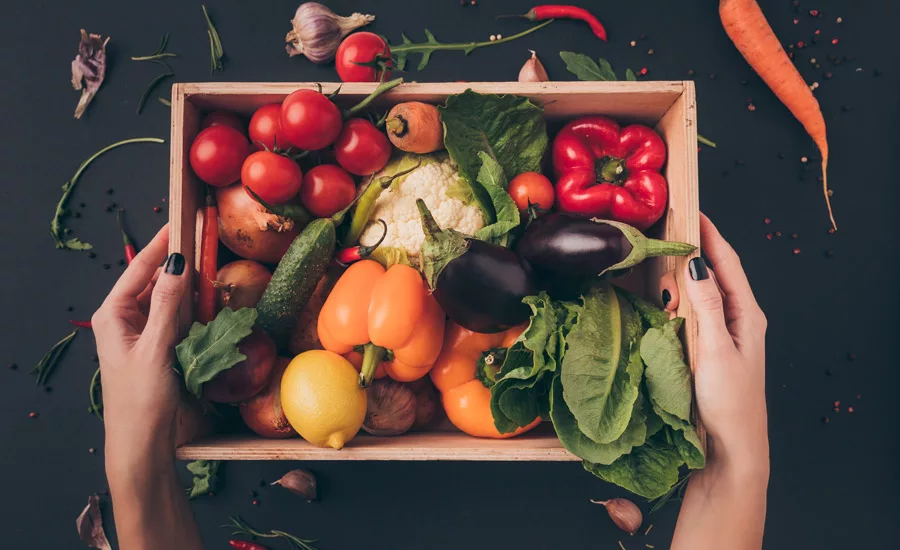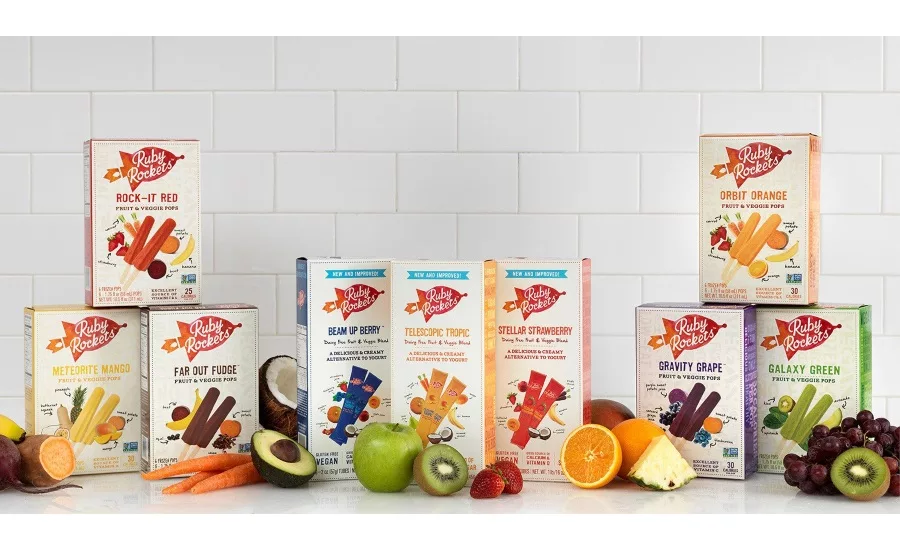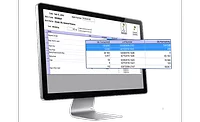An update on integrating blockchain from farm to fork



“Farm to fork” is not a new industry term, but it’s been gaining popularity lately. It only makes sense, then, that blockchain is being used to track the process, and for consumers to see where their food is originating.
Best practices
“The key to a successful blockchain traceability system is a clear planning and scoping process for development and implementation,” says Thomas Burke, food traceability scientist, Global Food Traceability Center (GFTC), Institute of Food Technologists, Chicago.
As industry adoption of technologies like blockchain becomes more widespread, it’s critical that organizations design food traceability architectures that are responsive against these six main use cases – food fraud, food safety and recalls, regulatory compliance, social issues, sustainability, and consumer information, he adds.
“Within this, businesses need to account for product identification, data sharing, and ultimately incorporating this system within their existing product process flow from origin to consumption," he explains. “Blockchain in food traceability is ultimately a data sharing platform. So, in order to best integrate blockchain among supply chain partners, it’s important to align these efforts with other digitization initiatives. To be successful with blockchain traceability initiatives, integration needs to both accommodate existing business practices and leverage global traceability standards. This will help to further to ensure interoperability between supply chain partners.”
Pratik Soni, founder and CEO, Omnichain, Los Angeles, says that their best practice for integrating blockchain from farm to fark is by using a Blockchain-as-a-Service (BaaS) platform.
“While blockchain implementations can involve lengthy development and deployments—sometimes up to 12 months—as well as significant budgets, BaaS makes it easy and affordable for companies to create a distributed ledger and connect even the most disparate supply chain. This is because BaaS—like Software-as-a-Service—only requires an internet browser for a user (be it a farmer, operator at a production site, or supply chain manager) to connect their data and access information on a digital ledger,” he notes.
Companies can thereby eliminate the need to invest in large, complex infrastructures, Soni adds.
Looking for quick answers on food safety topics?
Try Ask FSM, our new smart AI search tool.
Ask FSM →
“In addition to a cost-effective monthly subscription model, a BaaS platform can be easily layered into a business’ existing technology stack, with all records of transactions and product movements logged on the distributed ledger—upstream and downstream the supply chain.”
For instance, Omnichain was able to work with with natural frozen treat brand Ruby Rockets to integrate a BaaS platform and connect the company’s supplier records, accounting system, purchase orders, inventory management system and online shop. So rather than a mesh of documents and spreadsheets, Ruby Rockets then had an easy to follow digital trail “from farm to finger” to easily track ingredient origins.
“For Ruby Rockets, this level of traceability is critical to upholding its corporate commitment to providing only organic and natural products to consumers. Through a BaaS model, the total implementation time—including all planning, development, systems integration and testing—was done in under 90 days,” Soni remarks.
The importance of blockchain
“Blockchain has unique characteristics which make its use attractive to food traceability,” explains Burke. “These include creating a distributed ledger that houses time-stamped and unchangeable records of transformation, transport, and consumption. Blockchain helps ensure all supply chain players have both access and equal governance on traceability data.”
Burke says that the excitement around blockchain has highlighted some core components that enable the success of interoperable, end-to-end traceability systems.
“Namely, the need for system frameworks to incorporate the concepts of critical tracking events (CTEs) and key data elements (KDEs). Through leveraging KDEs and CTEs, businesses are able to create data collection user interfaces which digitize records from product origination through to the retailer and point of sale,” he comments.
Blockchain is important in farm to fork because all data and records are immutable and decentralized on the distributed ledger, says Soni.
“This establishes permanent, irrefutable proof of where a product came from, how it has been handled, who has touched it, and where it ended up. Using blockchain then, food and beverage companies can eliminate many uncertainties in product provenance and their supply chains in general. For example, like Ruby Rockets, they can confirm that their products are 100-percent organic and natural. There are other considerations too, such as with food allergies or being gluten-free—all factors that matter to consumers who are increasingly conscious about the lifecycle of their food purchases. So, it’s a matter of brand reputation, as well as consumer trust,” he explains.
Having farm-to-fork traceability through blockchain can also prove crucial in meeting compliance with the Food Safety Modernization Act (FSMA) and having effective safeguards to mitigate the impact of a food recall, Soni notes.
“By implementing blockchain, manufacturers could easily trace back their records and find the source of a problem. It might be a supplier issue, a plant-floor quality problem or something in transport. But then, they can take corrective steps and follow the trail to the retail level and identify which stores received the affected lots and shipments. They can do a more targeted recall and only remove those affected products, rather than a sweeping recall that would inadvertently remove unaffected goods and lead to massive losses,” he remarks.
How it affects consumers
Soni says that consumers today are increasingly conscious about the food products that they enjoy.
“Many care about making sure these goods are genuinely locally sourced, organic, natural, gluten-free, nut-free, dairy-free, produced without the use of slave labor, among other concerns. If they were to learn that they were misled or suffered a medical concern due to a questionable supply chain, that could significantly hurt brand reputation and future sales—not to mention bring possible litigation,” he says.
But farm-to-fork visibility, transparency and traceability through blockchain removes any possible doubt about a product’s provenance, Soni notes.
“Consumers can thus have ease of mind in their purchases. And, in the event of a food safety incident, blockchain provides the digital, real-time intelligence needed to complete the whole recall process—from cause identification to actual product removal from the supply chain—very quickly, protecting consumers from potentially purchasing risky products.”
On the consumer side, with robust end-to-end traceability systems in place that leverage blockchain technology, food recalls will be become much more rapid, Burke predicts.
“This will help reduce the risk that consumers may have a recalled product in their homes. In the future, consumers will have greater access to the origin information of their food products and if it was sustainably sourced, grown or raised. Through blockchain technology, businesses will be able to access traceability information that will help better reduce food waste and improve distribution efficiency.”









